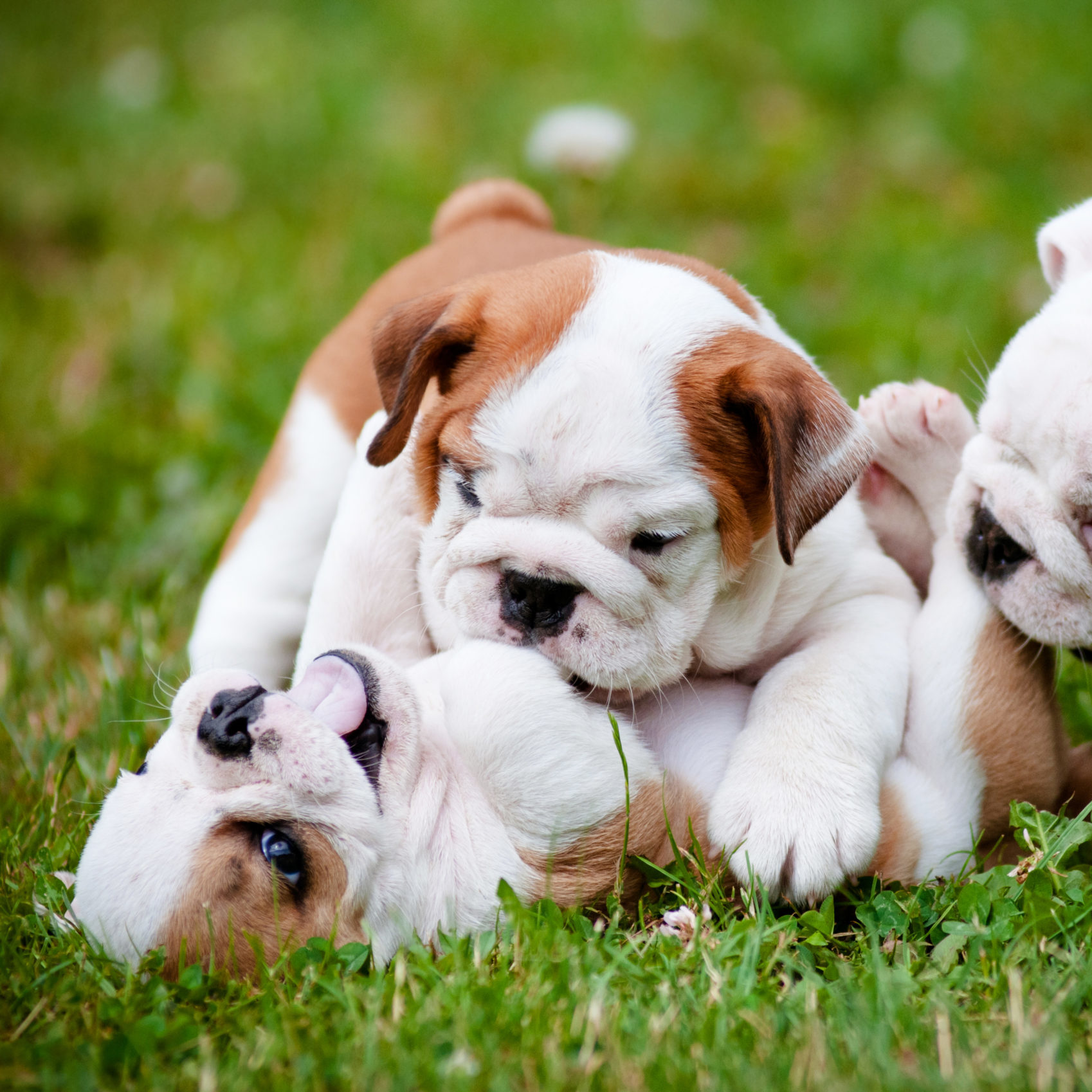Originally Posted by IndeVets: March 6, 2023
WORDS BY:
Dr. Juliane Evans — Associate IndeVet practicing in North Carolina
Socialization is the process of teaching puppies to interact appropriately with their environment, inside and outside the home. The goal is establishing appropriate social behaviors and interactions with other people, pets, and places. Teaching your dog to comfortably accept everyday activities outside of typical home life is essential for them to be more confident, comfortable, and less reactive to new stimuli. This will also help avoid or decrease anxious behaviors, fear, and stress. Some people describe socialization as a “vaccine for mental health.”
Early socialization is critical for raising comfortable and less fearful canine companions. One common concern I encounter is that new puppy owners often don’t want to bring their dogs outside until they have completed their puppy vaccines due to the risk of infectious disease. However, these puppies are missing out on important opportunities to become familiar with the world around them at a critical point in their lives.
The risk of developing behavioral problems due to inadequate socialization is far greater than the risk of infectious disease (Puppy Socialization). Pet relinquishment often occurs secondary to behavioral problems.
Of course, it is essential that your puppy stays up to date with vaccines according to your veterinarian’s recommendations and that you are providing safe socialization opportunities.
When should I socialize my puppy?
The critical timeline is between 3-14 weeks when puppies are more accepting of new things and are curious and eager with their interactions in their environment. Socializing before 4-6 months of age is easier than waiting, when it may take longer and go at a slower pace. But if you got your puppy or dog at an older age, don’t worry. It just means you may need to work harder to provide your dog with more opportunities, patience, and persistence. Building up a dog’s confidence is also important in this period. Participating in activities like obedience classes, agility, or other dog sports can help with this.
Socialization tips
Socialization should be part of your daily routine with your puppies or younger dogs. The focus should be on positive experiences so as to build confidence with novel exposures. Brief, frequent, and multiple exposures are key. Rewards should follow exposure and may include treats, praise, or offering a special toy. Consider puppy classes, which come before obedience training, and provide opportunities for puppies to explore some novel objects and situations.
When introducing something new, here’s what you want to be looking for from your puppy:
- Calm demeanor
- Relaxed behavior
- Playful tendencies
- Exploring the object/situation
- Possibly focused on treats/reward
If your puppy is demonstrating the following behaviors, take a step back and introduce them at a slower pace or in stages:
- Freezing
- Moving slowly
- Avoidance of the object/setting
- Hesitance
- Hiding
- Growling
- Nipping
- Barking
- Struggling
Puppies have plenty of things to become acquainted with besides other dogs. Although not a comprehensive list, here are some ideas for other things to focus on:
- People outside of their usual contacts (may include children, elderly, tall, walking with a cane, sunglasses, hats, beards, deep voices, children’s voices/squeals, runners, etc.)
- Dogs (who are up to date on their vaccines) and other animals (livestock, cats, other pets)
- Various surfaces (scales, concrete, wet grass, mud, slippery floors, metal surfaces, stairs, etc.)
- Various noises (kids, babies, sirens, thunder, fireworks, alarms, doorbell, vacuum)
- Objects with unexpected motion (balloons, umbrellas, bags, brooms, garbage cans, bikes, skateboards, wheelchairs, cars, motorcycles, etc.)
- Handling (feet, ears, holding in various positions, hugging, putting on collar, harness, toweling off)
Safety
Ensuring safe socialization with other dogs is critical. Two of the biggest risks to puppies from other dogs are parvovirus and injuries from other dogs.
- Make sure your puppy is on track with their vaccine schedule (typically receiving vaccines every 3-4 weeks up to 16-18 weeks of age).
- Avoid areas where dogs congregate (for example, dog parks, pet stores, etc., and stick to family’s or friends’ pets who you know are up to date on their vaccines).
- Include dogs who are calm and play gently, puppies that are up to date on vaccines and are not overexcited, and dogs who may appropriately and gently correct the puppy.
- Monitor dog body language closely – many puppies are eager to explore the world, including with their mouth (and very sharp teeth!), and not all dogs are comfortable with puppies.
With adequate socialization, your puppy can become a confident and safe member of society, ready to take on any adventure with you. Nurture is key here, but nature should not be forgotten. Some breeds and individual personalities may require a more intense effort earlier on to get them more comfortable. Socialization should not just stop in puppyhood either – continuing positive socialization and training can be lifestyle factors that contribute to your dog’s long-term success, primarily through the juvenile and young adult stages of life. Reinforcing the desired behaviors keeps the line of communication open between you and your dog. Happy adventuring!
REPOSTED WITH PERMISSION FROM INDEVETS

